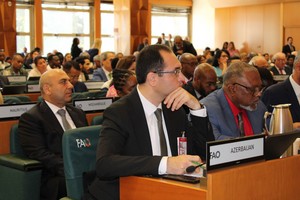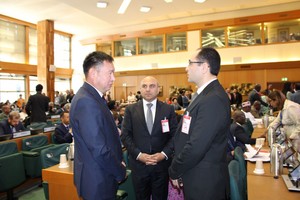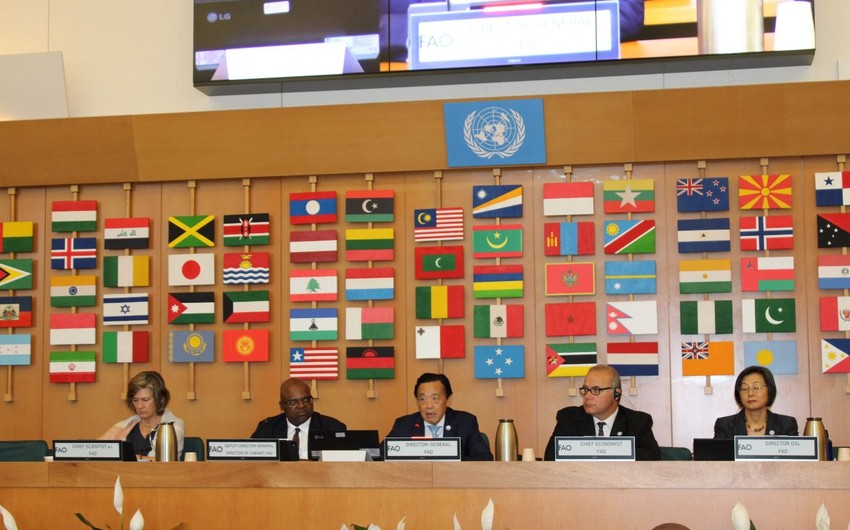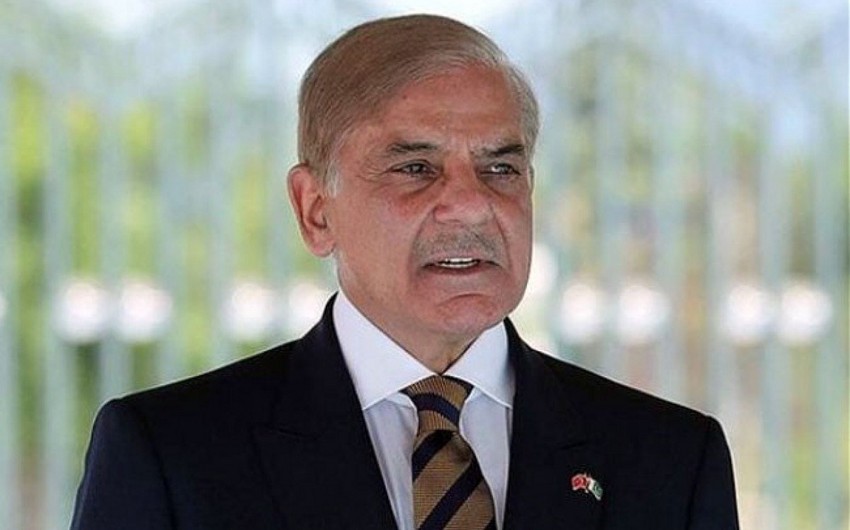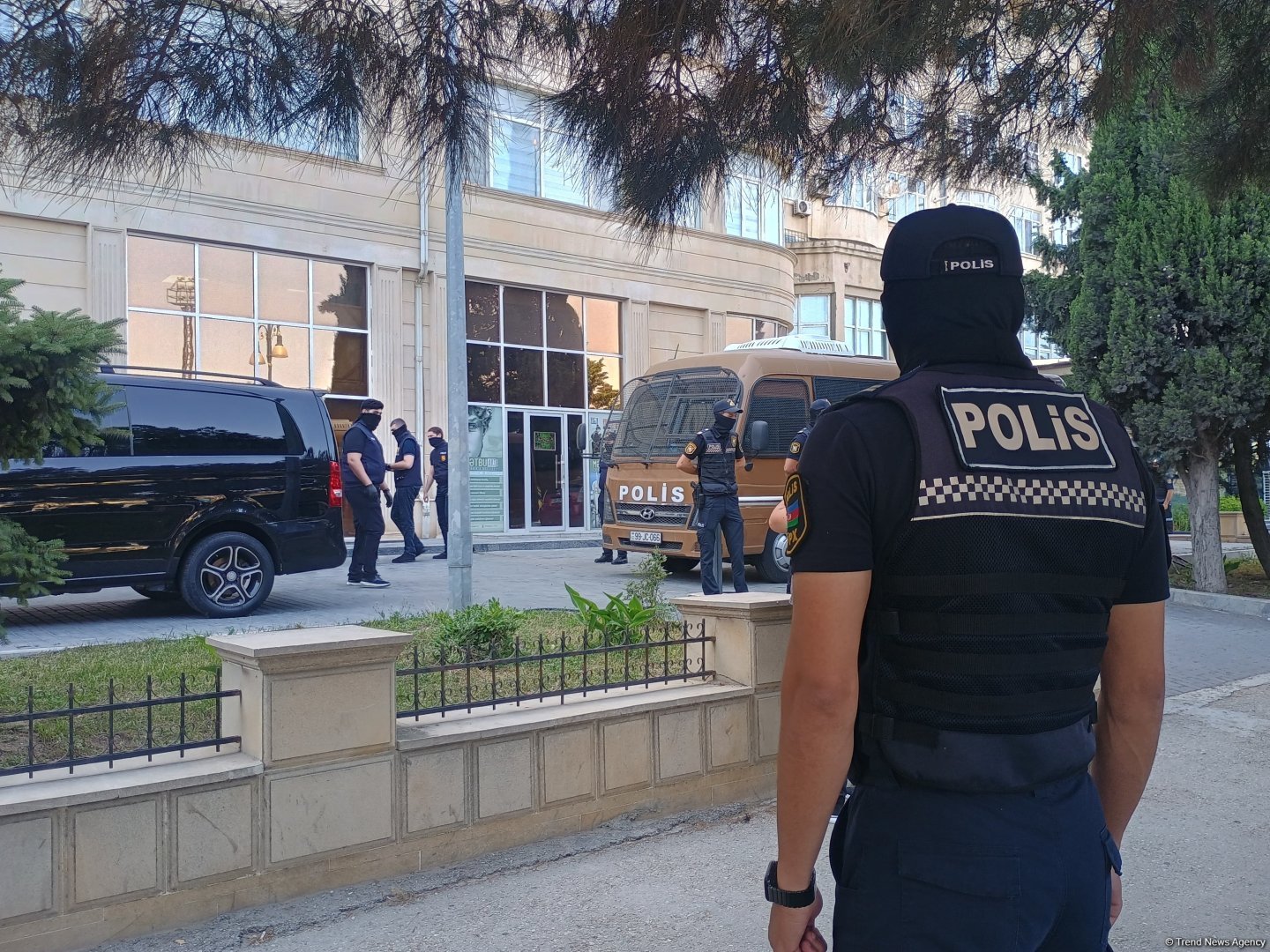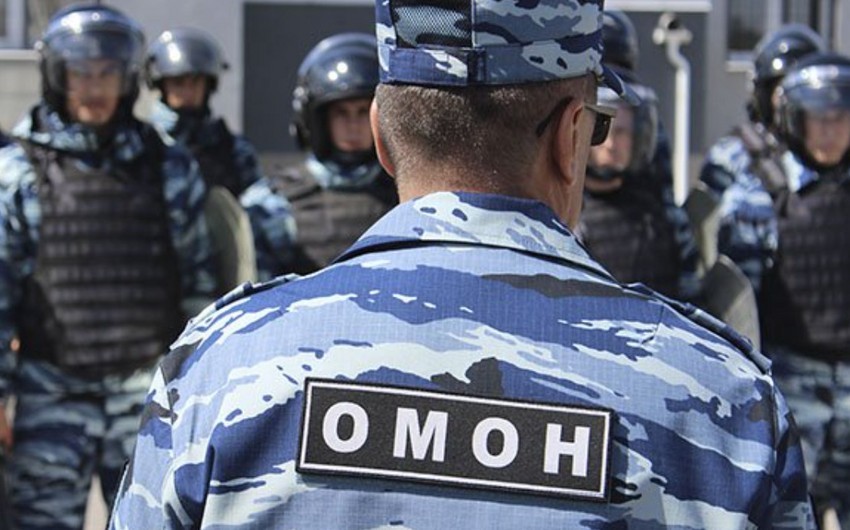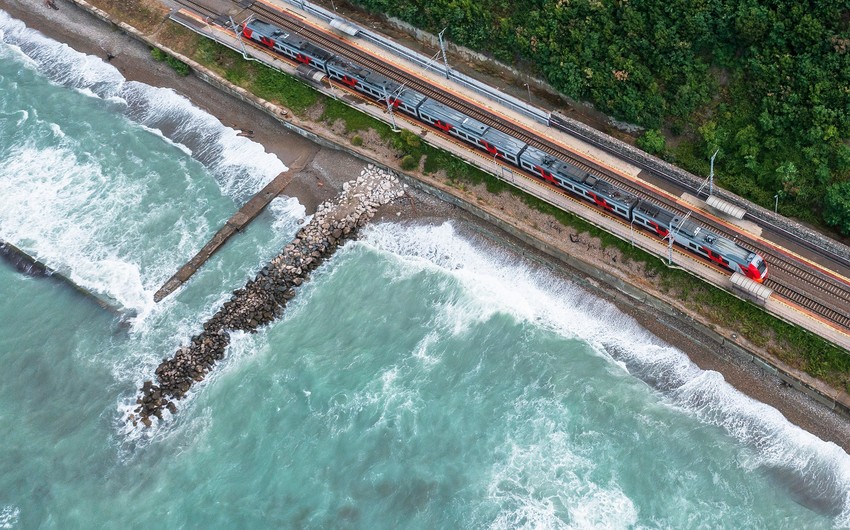Azerbaijani Minister of Agriculture Majnun Mammadov, who is on a working visit to the Republic of Italy, participated in the High-Level Special Ministerial Event on “From Vulnerability to Resilience — Strengthening Food Security and Better Lives in Small Island Developing States (SIDS), Least Developed Countries (LDCs) and Landlocked Developing Countries (LLDCs)” held at the headquarters of the Food and Agriculture Organization of the United Nations (FAO) in Rome, EDnews reports, citing the Azerbaijani Ministry of Agriculture.
Opening the event, Gu Dongyu, Director-General of the Food and Agriculture Organization of the United Nations (FAO), said that due to global climate change and economic instability, these developing countries are facing difficulties in meeting their food needs and ensuring food security. Transforming the agri-food systems of developing countries from vulnerability to resilience requires a multi-faceted approach that includes tailored solutions, technological innovations and strengthened partnerships.
The event emphasized the need to build sustainable, inclusive and transformative agri-food systems in the face of growing threats to global food security, especially the challenges posed by climate change, resource scarcity, economic instability and uneven development.
The speakers at the event emphasized the importance of collective action and joint efforts in solving interconnected and urgent problems. According to experts, sharing best practices and innovative solutions aimed at ensuring food security can give a significant boost to the development of inclusive and sustainable agri-food systems in these countries.
The event continued its work with panel sessions on the topics of “Identifying the potential for increasing productivity and sustainability in agricultural systems through the application of technology and innovation”, “Nutrition and development in fragile states”, “Financing and partnerships for sustainable agri-food systems.”
The panel sessions discussed issues such as climate change and depletion of natural resources, creating a sustainable agricultural system in line with new challenges, digital transformation of the agricultural sector, technology transfer in this area, and sharing advanced practices.
Experts shared their views on soil protection, biodiversity conservation, efficient use of water resources, the creation of large-scale grain farms based on the application of modern technologies, increasing productivity, increasing the level of self-sufficiency in wheat, and the development of the processing industry.
